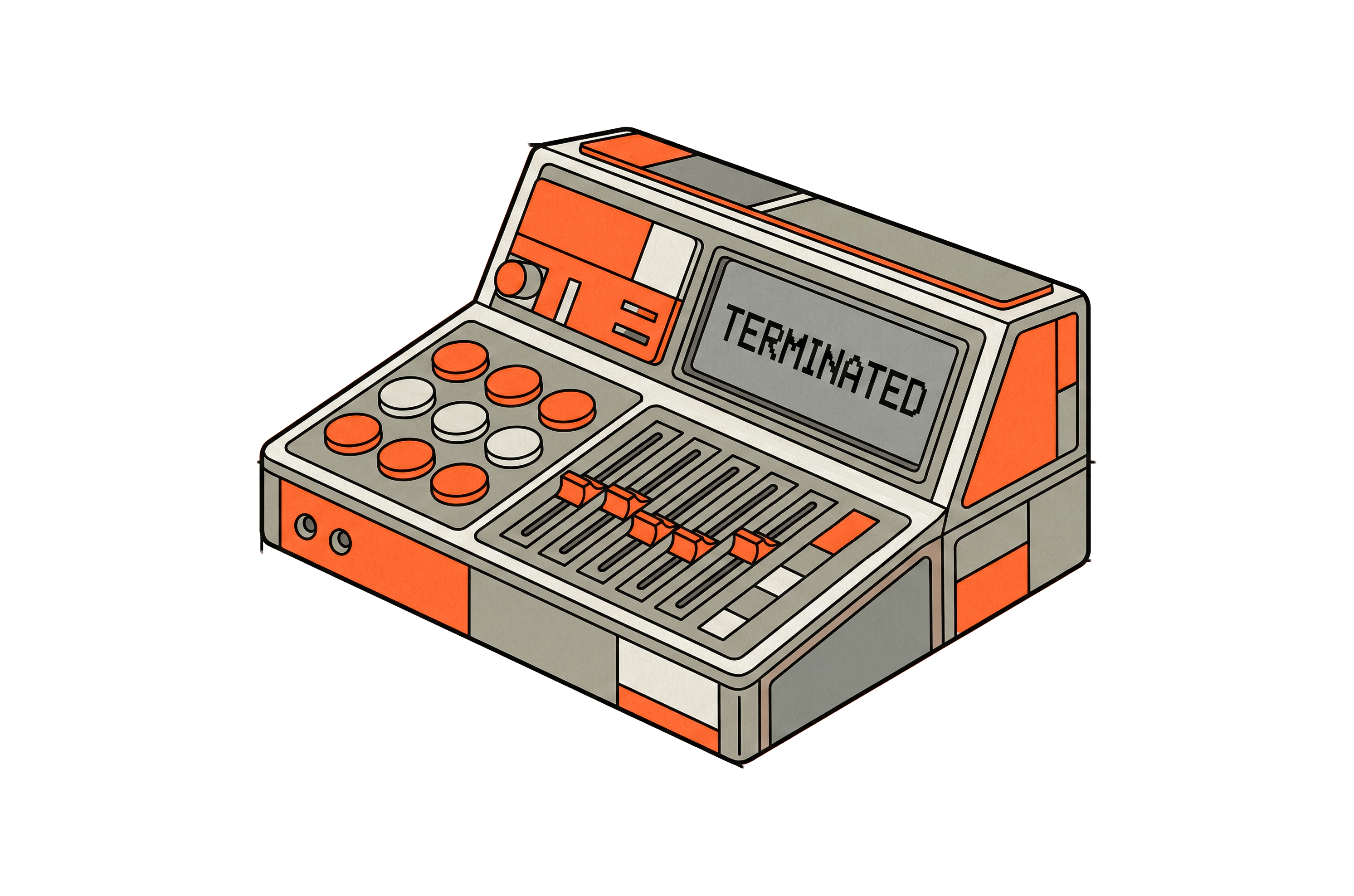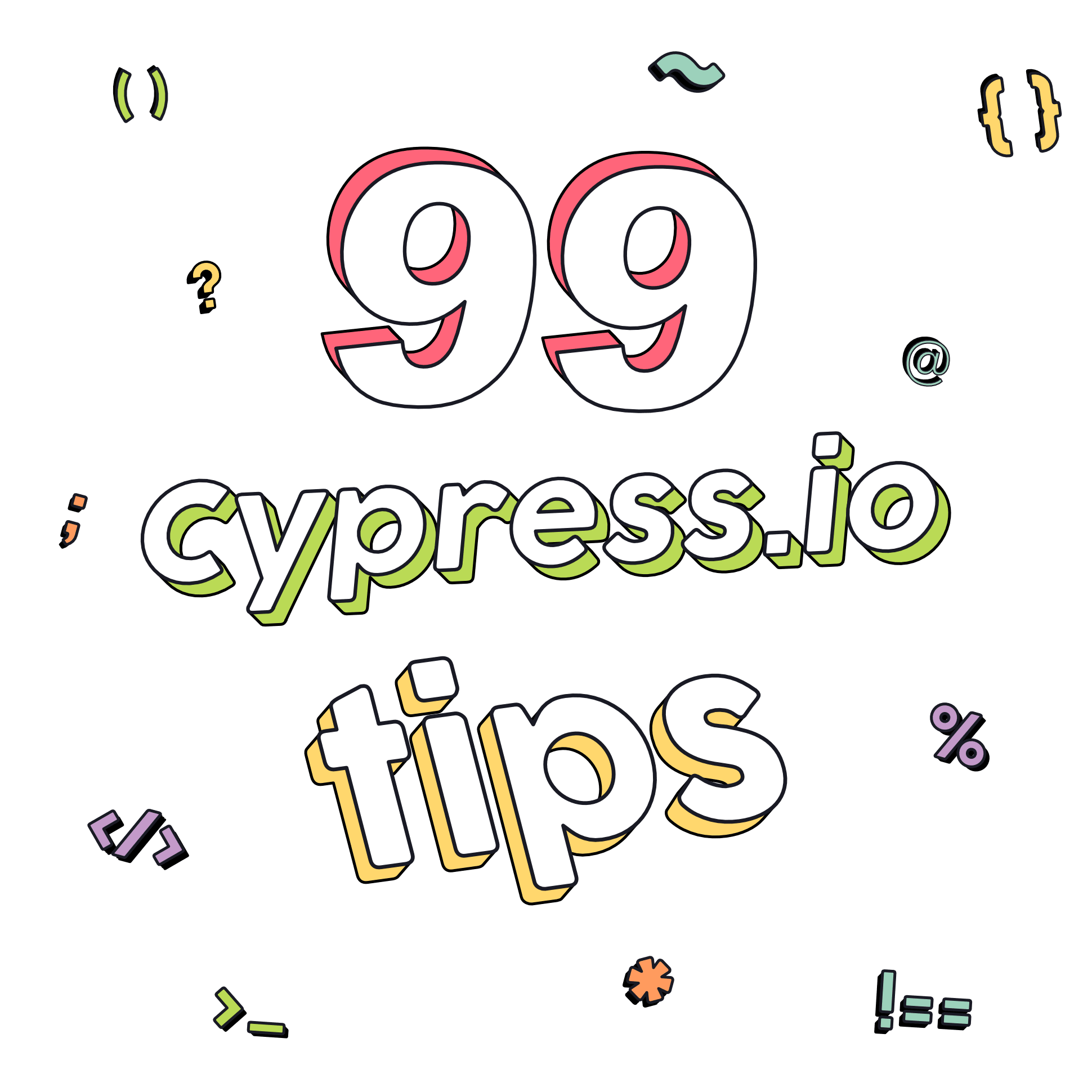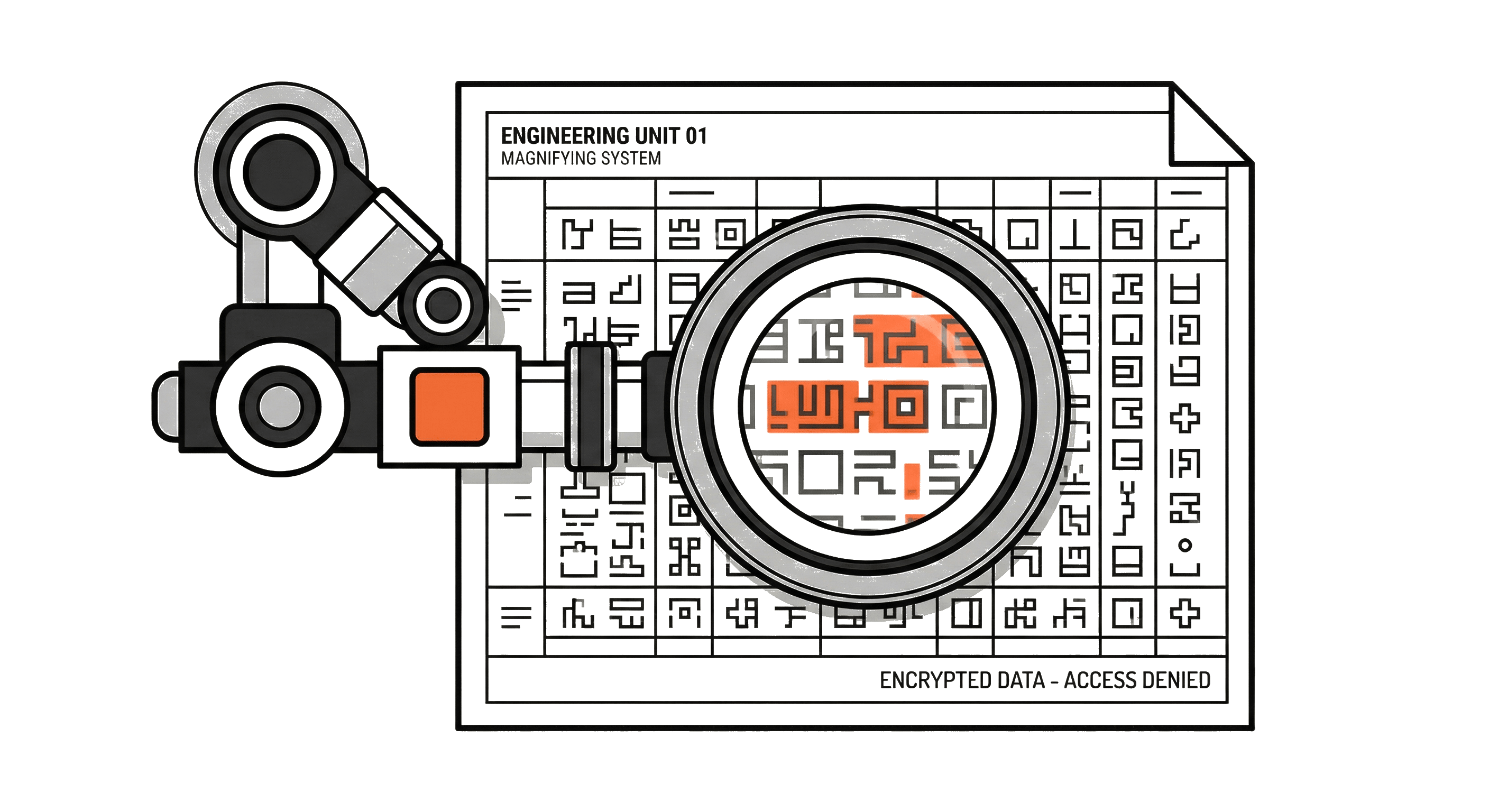Laid off as a tester. What now?

If you've been in QA for a couple of years now, you might have noticed that the field is rapidly changing. Unfortunately, this also means there are waves of layoffs happening, affecting both junior and senior testers.
I recently came across a Reddit post from someone who's been a manual QA for 15 years, and their company is going through some changes. There's a lot of fear about what's coming next, and I wanted to share some thoughts about this because, honestly, this situation isn't uncommon at all.
Being Stuck in a company bubble
As testers, we dive deep into our company's expertise. But when we're no longer with that company, it feels really hard to apply that expertise somewhere else. We oftentimes connect our value to the company we work for, and when that changes, we feel lost. But there’s a lot we have to offer!
Think about it - testers are usually jack of all trades:
- They do release management
- They find bugs
- They have technical knowledge
- They might know how to code
- They know how to write documentation
I find it important to write down your knowledge and really understand your own strengths, expertise and experience.
Because here's the thing - in different companies, you can find that the same skill you posses may be framed in a different way! There might be a company out there looking for exactly your skills, but maybe they're not calling it a "tester" role. Maybe it's a product owner, or a scrum master, or a release manager, technical writer, developer experience engineer or something else.
Never too late to learn automation
If you've been working as a manual QA and haven't really gotten into test automation but think maybe now's the time - I highly recommend checking out Test Automation University by Applitools. There's a ton of free resources there, and you can learn any kind of test automation. Don't feel like you've missed the train - it's never too late to start!
Let s talk about AI
I know some of you might roll your eyes hearing this (trust me, I get it!), because there's way too much noise out there. It's really hard to figure out what's good info and what's not.
And while all the AI chatter might be overwhelming, the reality is that AI is here to stay. Many companies are shifting, and if you want to stay on top, you need to gain at least some knowledge.
But gaining AI knowledge doesn't mean you have to become a "prompt engineer". Instead, think about how you can apply your existing expertise and enhance it with AI. For example, if you're doing test automation, you can:
- Make yourself faster using AI
- Try to make your test automation more stable
- Use AI to boost your learning
For example, I've been using Cursor for a couple of months now, and it's been a huge booster to my learning. When it generates code that I don't understand, I can just highlight that piece and ask for an explanation.
You can think of AI as a tool that will not replace your skills, but will help you enhance them.
Make your work visible
Given the current job market, you really want to make your work visible. Even if you're just starting with code, I recommend creating a GitHub account, pushing your repositories and showing what you're working on.
It’s been a while since I’ve been conducting job interviews, so take my advice with a grain of salt. But whenever I saw candidate with a GitHub account showing their work, they immediately got bonus points in my eyes (for the record, I was never the only decision maker in that process). It also made my job a bit easier because I could see where they're at technically. But most importantly, it shows they're willing to learn and experiment.
Start that blog
Another amazing career hack is to write a blog and share what you're learning. As Angie Jones mentioned recently, it can open many doors for you. I am a living example of that.
Sometimes I get asked for advice on how to start a blog. One thing I see many people do is to try to create a backlog of articles before they start. I strongly advice against this approach, because soon enough, the backlog will run out, and authors create anxiety and pressure on themselves.
Instead, I advice to make blogpost short. Create something you can write about every week. Focus on one topic only, and write about something you learned this week that you didn't know last week.
There’s always something to learn and share. Think about it - how cool would it be to find your own blog article that answers exactly what you were struggling with a week ago? If you focus on those who want to learn, you'll always find your audience.
Get out there and network
Go to local meetups, or even travel if there aren't any near you. People usually attend meetups for the content, but I'd argue the most important part is meeting new people. If you want to be prepared for fluctuations in the job market, networking is a great way to do that.
There may be someone in your network who is currently hiring and looking for interesting people - and maybe you're that interesting person! Having a good network can be a huge help in finding new opportunities.
Plus, it helps you not stay isolated, which happened to many of us after the pandemic.
One Last Thing...
Even if you're not currently looking for a new job or haven't been laid off, it's really important to think about this stuff. Ask yourself - what's left without the company you're currently working for? There's probably a lot you can offer and a lot you can improve.
Even if you love your current company, there might be situations where they won't be able to afford to pay you anymore. In those cases, it's really good to be prepared.
Happy testing, everyone! 🚀

